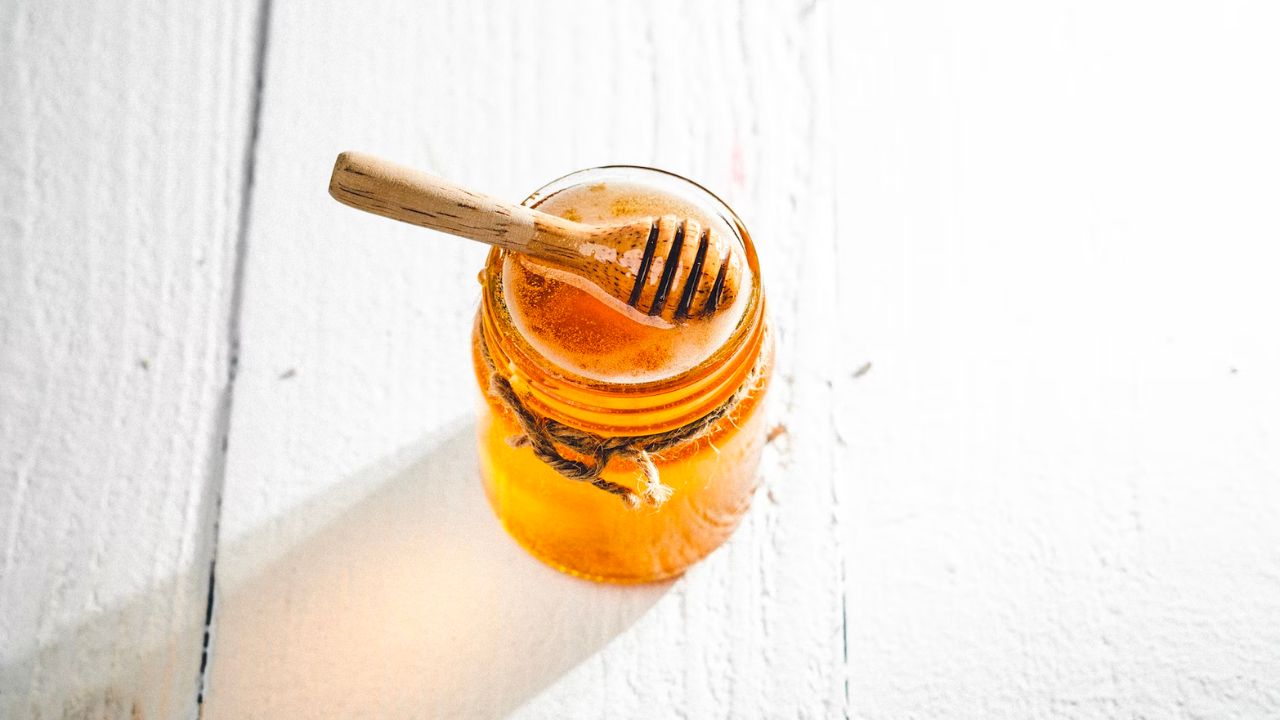Prophetic Medicine, also known as Tibb-e-Nabawi, is an ancient Islamic medical practice that dates back to the time of Prophet Muhammad (peace be upon him). It encompasses a holistic approach to health and wellness that emphasises natural remedies, dietary guidelines, and spiritual practices for the prevention and treatment of various ailments.
The concept of Prophetic Medicine is based on the belief that the Prophet Muhammad (peace be upon him) was not only a spiritual leader but also a healer who provided guidance on maintaining physical and mental health. He encouraged his followers to seek out natural remedies and dietary practices to improve their health and well-being, and to avoid harmful practices that could cause harm to the body and mind.
The Importance of Health and Wellness in Islam
In Islam, the body is considered a gift from Allah, and it is the responsibility of every individual to take care of this gift. The Quran emphasises the importance of maintaining good health and encourages Muslims to adopt a healthy lifestyle. For instance, in Surah Al-Baqarah, Allah says, “And eat and drink but waste not by extravagance, certainly, He (Allah) likes not those who waste by extravagance” (2: 19).
Moreover, the Prophet Muhammad (peace be upon him) has been reported to have said, “There are two blessings which many people lose: (They are) health and free time for doing good” (Bukhari). This highlights the significance of maintaining good health and utilising one’s time to do good deeds.
The Principles of Prophetic Medicine
Prophetic Medicine is based on four key principles:
- Prevention is better than cure: The first principle of Prophetic Medicine is the emphasis on prevention. The Prophet Muhammad (peace be upon him) encouraged his followers to adopt a healthy lifestyle and to take preventative measures to avoid illnesses. This includes regular exercise, healthy eating habits, and avoiding harmful practices.
- Natural remedies: Prophetic Medicine encourages the use of natural remedies, such as herbs, oils, and foods, for the prevention and treatment of illnesses. These natural remedies are believed to have medicinal properties and are used to boost the immune system, alleviate pain, and promote healing.
- A balanced diet: The Prophet Muhammad (peace be upon him) emphasised the importance of a balanced diet that includes a variety of foods from different food groups. He encouraged his followers to eat in moderation and to avoid overeating or indulging in unhealthy foods.
- Spiritual practices: Prophetic Medicine emphasizes the importance of spiritual practices, such as prayer, meditation, and mindfulness, for maintaining good health and well-being. These practices are believed to promote mental and emotional health and can help alleviate stress and anxiety.
Examples of Prophetic Foods and Remedies
There are many Prophetic foods and remedies that are believed to have medicinal properties and are used in Prophetic Medicine. Some of these include:
- Black seed (Nigella Sativa): Black seed oil is known for its anti-inflammatory and antioxidant properties and is used to treat a variety of ailments, including asthma, allergies, and arthritis.
- Dates: Dates are a rich source of fiber, vitamins, and minerals, and are believed to have a range of health benefits, including improved digestion, increased energy, and enhanced immunity.
- Honey: Honey is known for its antibacterial and anti-inflammatory properties and is used to treat a range of ailments, including coughs, sore throats, and skin infections.
- Olive oil: Olive oil is a rich source of antioxidants and healthy fats and is used to treat a range of ailments, including heart disease, diabetes, and arthritis.
- Saffron: Saffron is known for its anti-inflammatory properties and is used to treat a range of ailments, including depression, anxiety, and menstrual disorders.
- Cupping therapy: Cupping therapy is a traditional Prophetic Medicine practice that involves placing cups on the skin to create a vacuum. This is believed to promote blood flow and healing and is used to treat a range of conditions, including muscle pain, headaches, and respiratory problems.
- Hijama (wet cupping): Hijama, also known as wet cupping, is a Prophetic Medicine practice that involves creating small incisions on the skin and then applying cups to create a vacuum. This is believed to remove harmful toxins from the body and promote healing.
Consulting with a Qualified Practitioner
While Prophetic Medicine offers many natural remedies and practices for maintaining good health and wellness, it is important to consult with a qualified practitioner before trying any new treatment or remedy. A qualified practitioner will be able to assess your individual needs and provide personalised guidance on the best course of action for your specific health concerns.
In conclusion, Prophetic Medicine offers a holistic approach to health and wellness that emphasises natural remedies, dietary guidelines, and spiritual practices for the prevention and treatment of various ailments. It is rooted in the belief that the body is a gift from Allah and that it is our responsibility to take care of this gift. By adopting the principles of Prophetic Medicine, we can lead healthier, more fulfilling lives and fulfill our duty to maintain good health and well-being.
Related











































